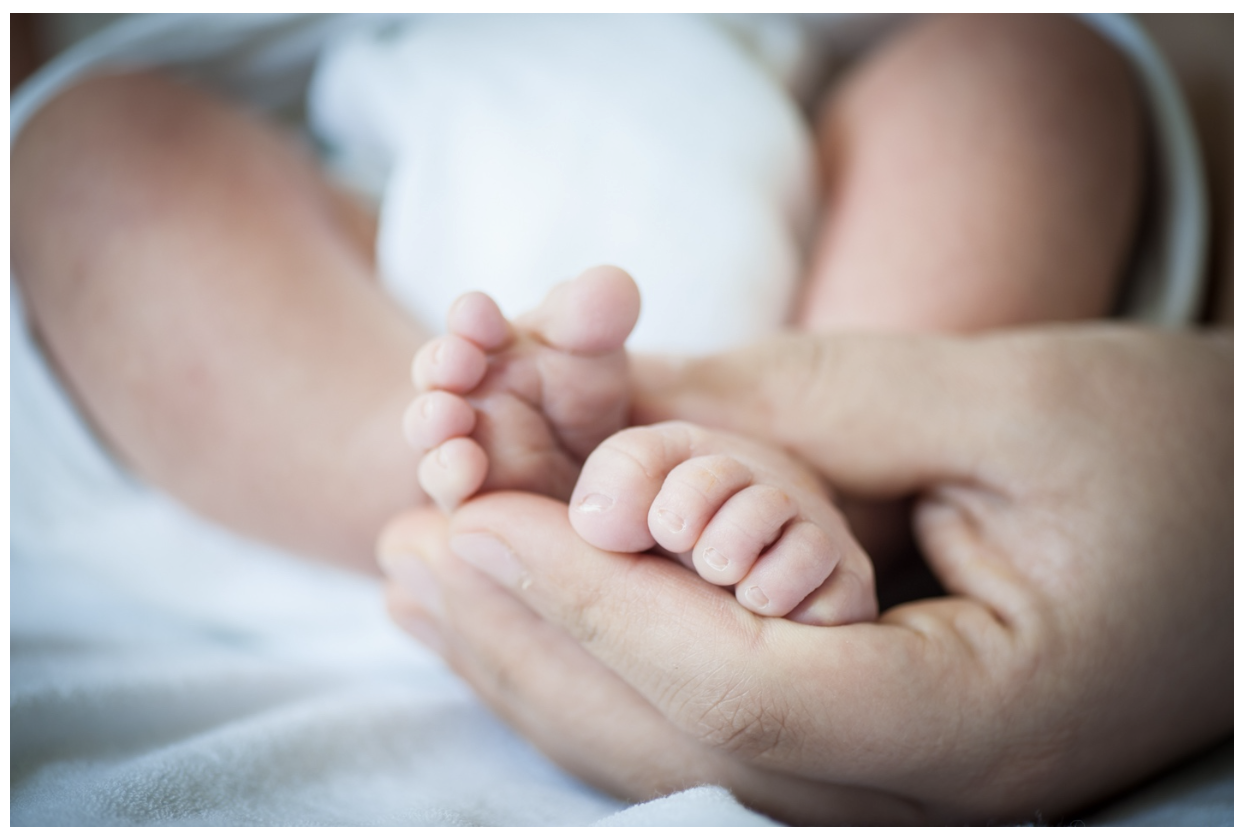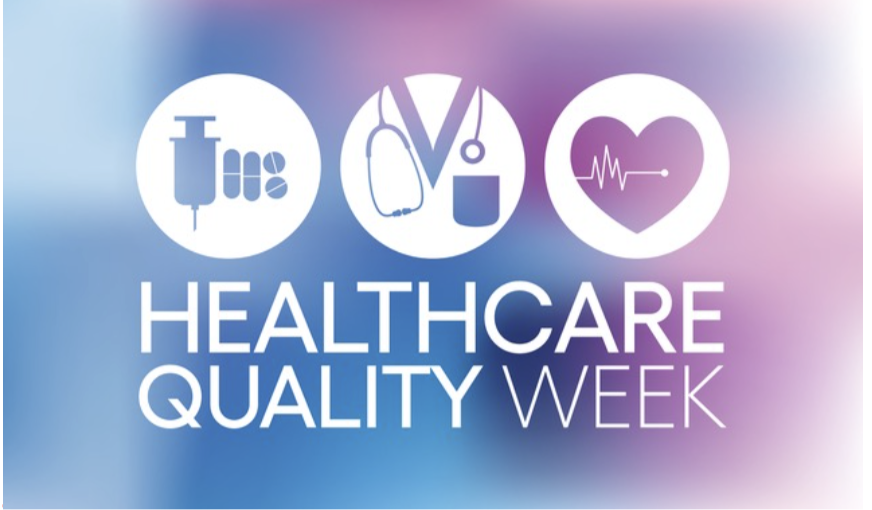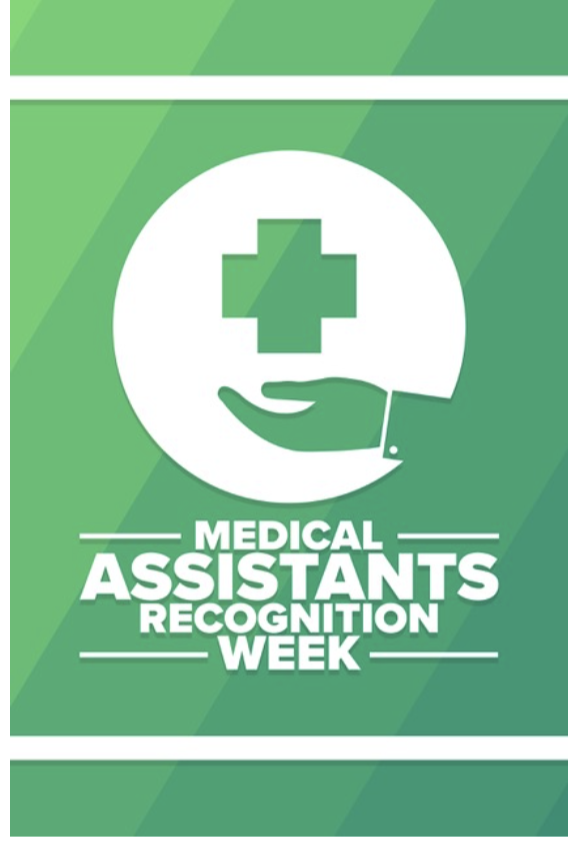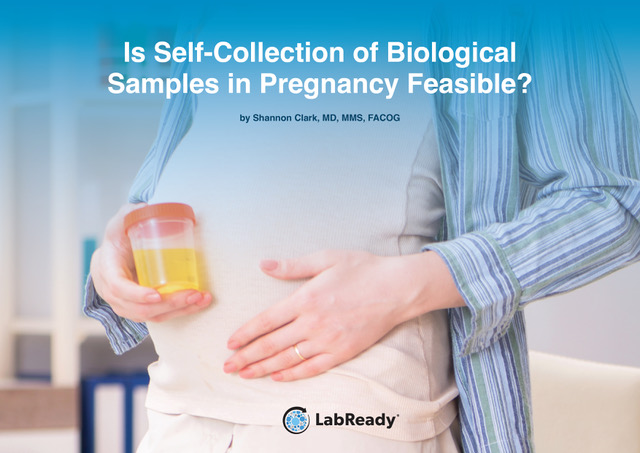We've sourced, and compiled a list of group B Strep facts while busting some common misconceptions along the way! Learn more about proper pre and perinatal care in this article "Do's and Don'ts For Preventing group B Strep in Pregnant Women":
DO screen for GBS in week 36 through 37 of her pregnancy (within 5 weeks of birth). This new recommended timing for screening provides a 5-week window for valid culture results that includes births that occur up to a gestational age of at least 41 0/7 weeks. It is still early enough to report lab results.
DON’T assume that GBS screening is a universal practice for all pregnant women. While the US has a policy to test all expecting women to see if they carry GBS, the UK and two dozen other countries only identify women with clinical risk factors. These risk factors include having a baby with GBS in a previous pregnancy, incidental detection of GBS carriage, and infant prematurity.
DO use IV penicillin at the time of birth on mothers carrying GBS. Administering IV antibiotics to the GBS-positive woman during labor reduces the baby’s risk of developing a GBS infection from 1 in 200 down to 1 in 4,000 chance. Women who undergo a cesarean birth do not need antibiotics as long as all membranes are intact.
DON’T administer oral antibiotics, as these will not prevent potential infant infection. Antibiotic use early in pregnancy is ineffective because the bacteria can recolonize quickly. Overuse of antibiotics has the potential to create antibiotic-resistant strains of GBS and other bacteria.
DO be aware there are different presentations of GBS infection in infants based on when symptoms start.
- Early onset: From birth until 7 days old
- Late onset: From one week to several months old
Symptoms to look out for include: Fever, difficulty breathing, limpness or lethargy, grunting, difficulty feeding, blue-ish or mottled skin.
The possibility of prenatal intrauterine infection (POGBS) is under study. Studies indicate that GBS can pass through placental membrane and cause stillbirth and perinatal mortality.
The possibility of prenatal intrauterine infection (POGBS) is under study. Studies indicate that GBS can pass through placental membrane and cause stillbirth and perinatal mortality.
DON’T do vaginal cleansing with chlorhexidine during labor. There is no evidence that this prevents early onset GBS infection in infants. Repeated vaginal cleansing in this manner increases vaginal irritation.
In Summary
Group B Strep is the leading cause of infection in newborns and can result in death (5%) or long term developmental disabilities (25%). Know the these important facts and myth-busting information for the proper care of pregnant women.
For more information, or to discuss these topics with a LabReady team member, click here.
Group B Strep is the leading cause of infection in newborns and can result in death (5%) or long term developmental disabilities (25%). Know the these important facts and myth-busting information for the proper care of pregnant women.
For more information, or to discuss these topics with a LabReady team member, click here.
https://www.cdc.gov/groupbstrep/about/fast-facts.html
https://www.acog.org/clinical/clinical-guidance/committee-opinion/articles/2020/02/prevention-of-group-b-streptococcal-early-onset-disease-in-newborns
https://www.cdc.gov/drugresistance/about.html
https://www.cdc.gov/groupbstrep/about/symptoms.html
https://fr.groupbstrepinternational.org/uploads/1/1/7/3/117312377/figo_pogbs_poster_1360976.pdf
WHO Recommendation for Prevention and Treatment of Material Peripartum Infections https://apps.who.int/iris/bitstream/handle/10665/186171/9789241549363_eng.pdf;jsessionid=7ACAA1FFA6D36634019ADCC335030AA1?sequence=1 (PDF)
https://www.cdc.gov/groupbstrep/about/symptoms.html
https://fr.groupbstrepinternational.org/uploads/1/1/7/3/117312377/figo_pogbs_poster_1360976.pdf
WHO Recommendation for Prevention and Treatment of Material Peripartum Infections https://apps.who.int/iris/bitstream/handle/10665/186171/9789241549363_eng.pdf;jsessionid=7ACAA1FFA6D36634019ADCC335030AA1?sequence=1 (PDF)














